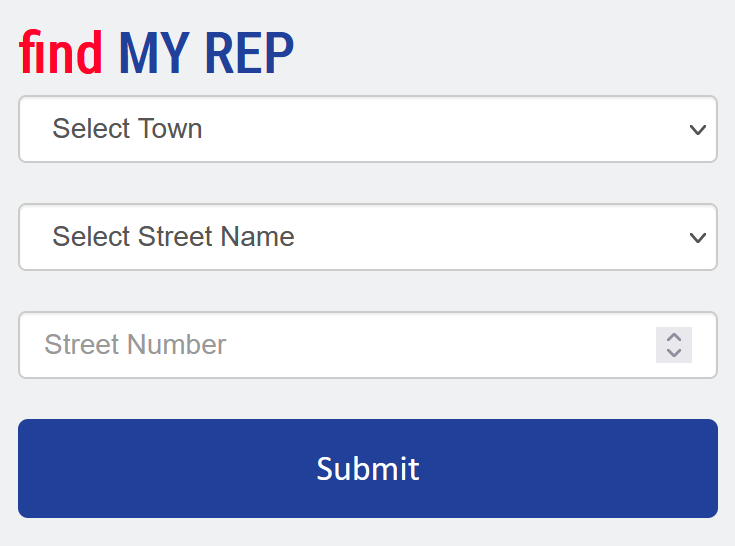How To Testify At A Public Hearing
Legislative sessions are held at the Capitol Building in Hartford. The public gallery of the House may be reached by stairways from the 3rd floor; the Senate galleries open onto the 4th floor. Committee meeting and public hearing rooms are located in the adjoining Legislative Office Building. All public hearing rooms are wheelchair accessible. Limited parking is available in the garage off Broad Street and Capitol Avenue.
Making Your Voice Heard
Speaking at a public hearing is an effective way of getting your point across at the Capitol. Many people find the idea intimidating, but I encourage you to get involved. Here’s how:
1. Getting Ready
In addition to preparing your remarks, it is important to know the number of the bill which interests you. To get a bill number, you can call your State Representative or Senator or the bill status room at (860) 240-0555. It is a good idea to prepare copies of your testimony to be distributed to the committee members at the hearing. If you do so, be sure to include a reference to the bill number at the beginning of your testimony.
2. Finding the Hearing Room
Most hearings are held in the Legislative Office Building (LOB). TV monitors at LOB entrances show the location. The daily printed Bulletin also gives this information and lists all bills scheduled for hearing. You can get a Bulletin in the LOB’s ground floor bill room during the session.
3. Signing Up
Sign up at the wall shelf just inside the hearing room door, and please print your name clearly. The sign-up sheet requests your name, the bill number(s) and whether you are for or against the bill. You may not sign up for other speakers. Sign-up sheets are placed in hearing rooms one hour before the hearing begins, unless otherwise announced. Copies of bills are available outside the hearing room.
4. Hearing Procedures
The first hour of a hearing is normally reserved for legislators and agency heads or invited guests. Remaining speakers are called by the co-chairs usually — though not always — in the order they appear on the sign-up sheet. Some committees hear all testimony on one bill before proceeding to the next, following the agenda printed in the Bulletin.
Most hearings last for several hours and legislators come and go because they are frequently attending more than one meeting or hearing at the same time. This does not mean your testimony goes unnoticed. I recommend providing written copies of your testimony to committee members, in part so that the members can review it even if they missed your actual testimony. All hearings are recorded and transcripts are prepared from the tapes.
Hearings can be frustrating because you may have to wait a long while for just a few minutes of testimony. Nevertheless, your time is well spent because legislators do care what you think and there are times when one person’s remarks can change the course of a bill. In addition, I am confident you will find the process interesting and you will gain insight into the importance of citizen involvement.
5. Your Testimony
When you are called, you sit at a desk equipped with a microphone. You will be asked to introduce yourself. It is a good idea to mention your town, the number and title of the bill you are addressing, whether you support or oppose the bill and whether you will be offering suggestions for improvement. Then explain your reasoning. It is important to keep your remarks short. (Three minutes is ideal.) In fact, some committees impose time limits. When you finish, remain at the mike for a moment, in case committee members want to ask questions.
Our representative government needs your input and involvement. Make sure your opinion is heard. Write, call, or come to the Capitol to testify. A well-informed public is a more effective constituency.






